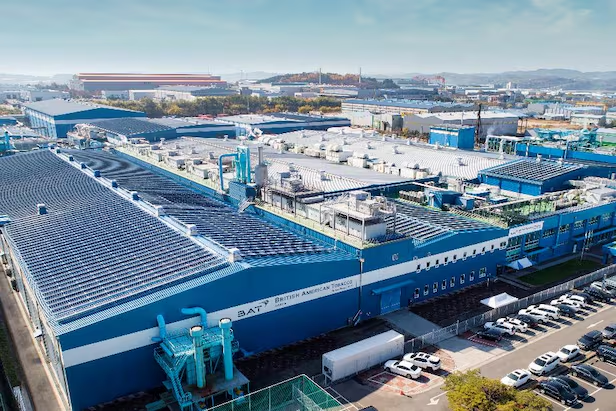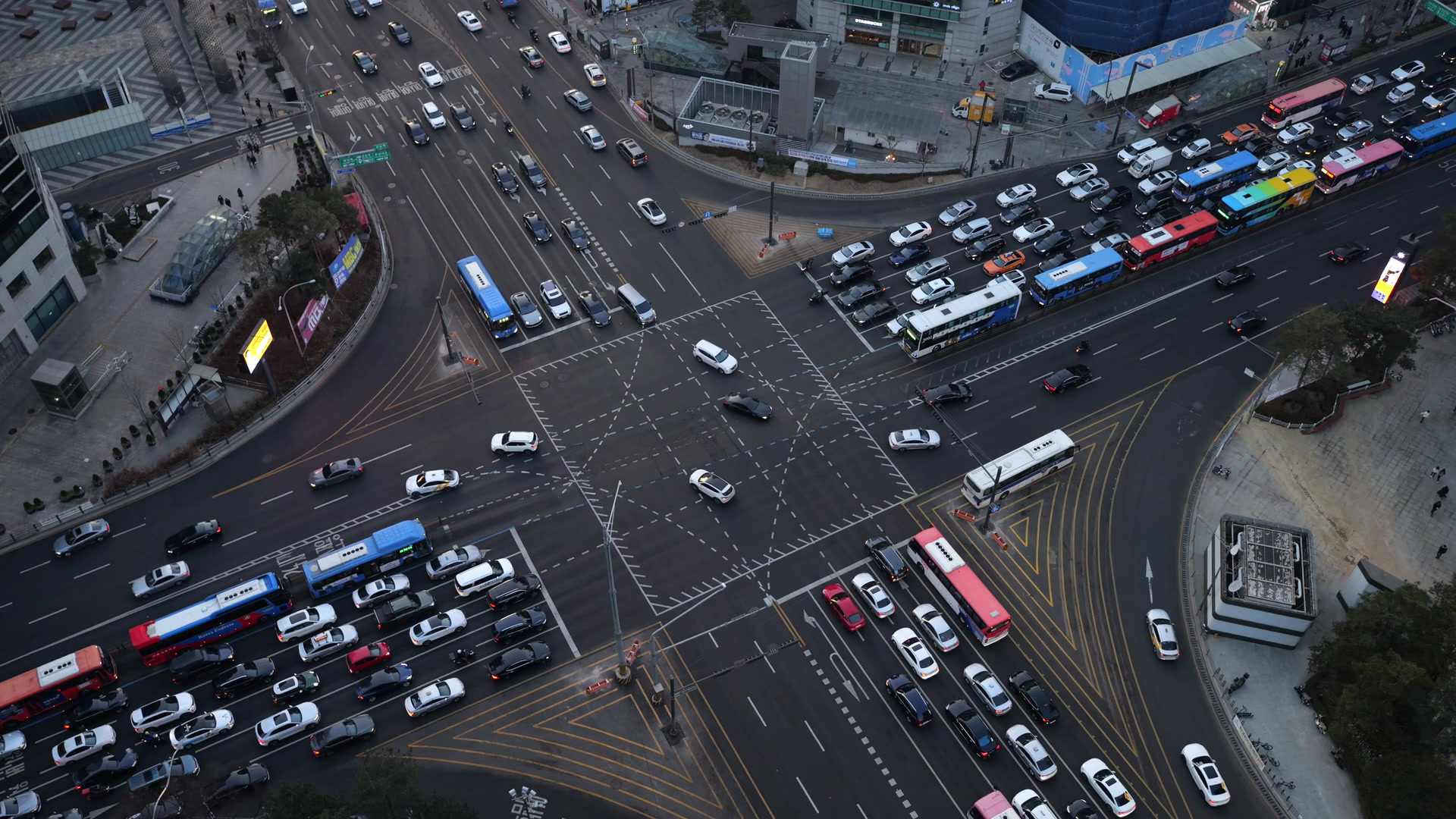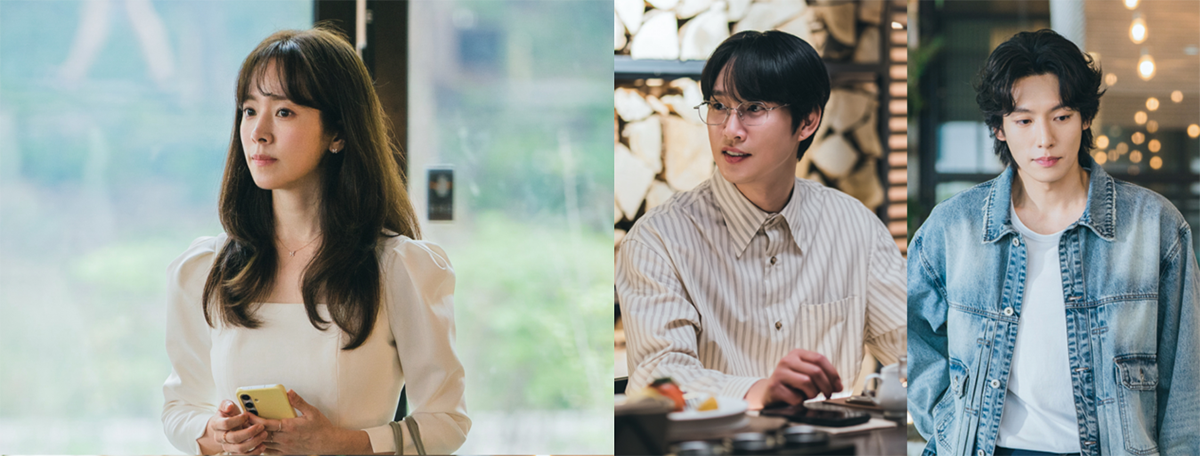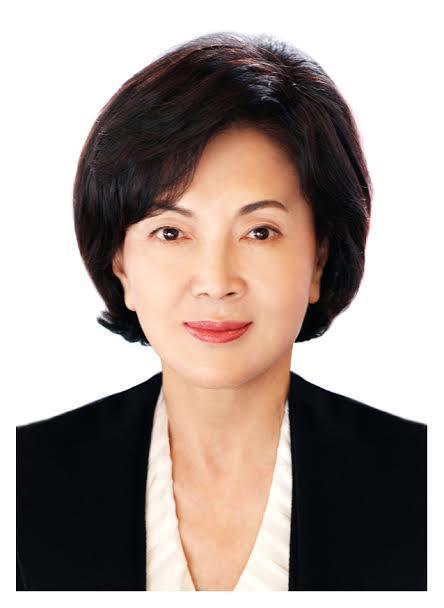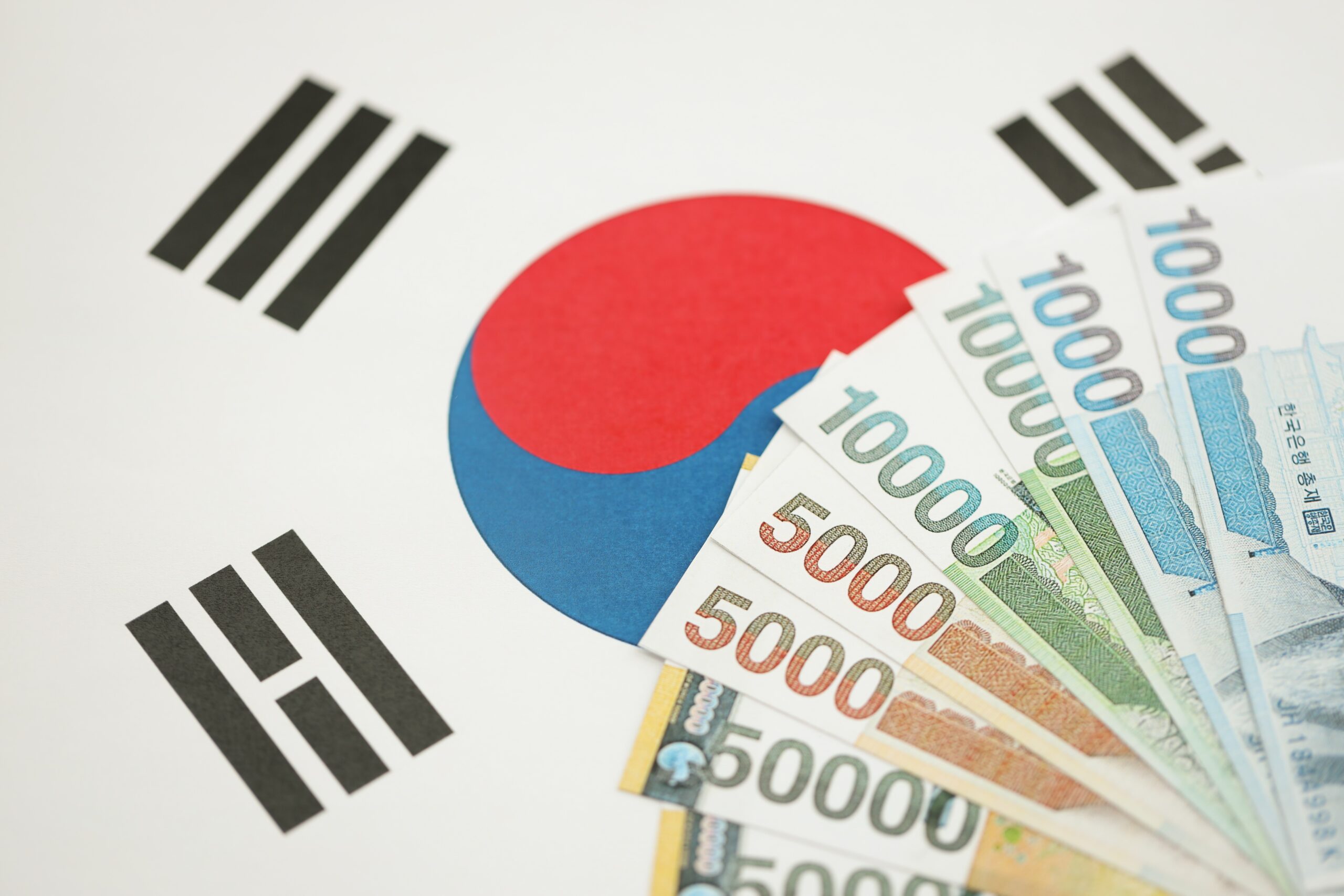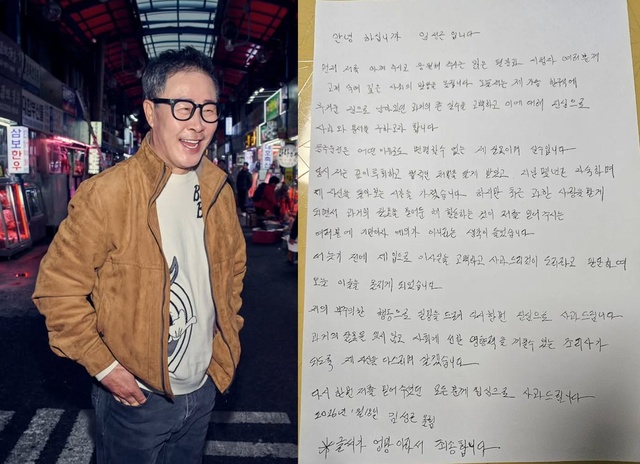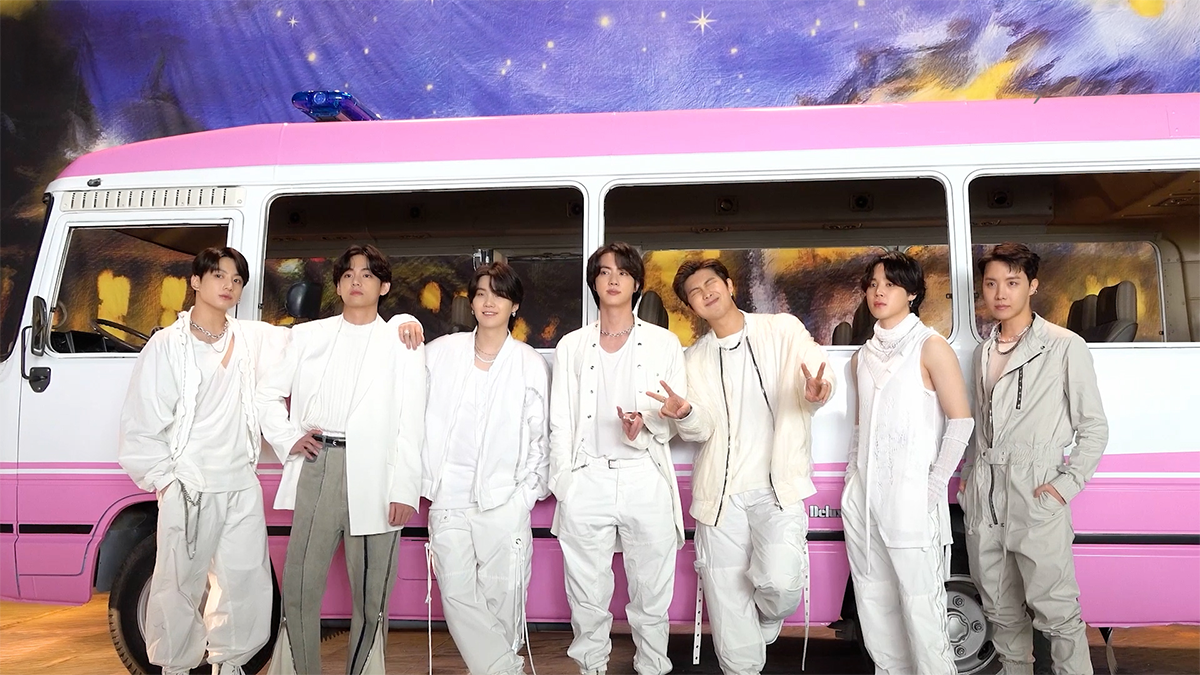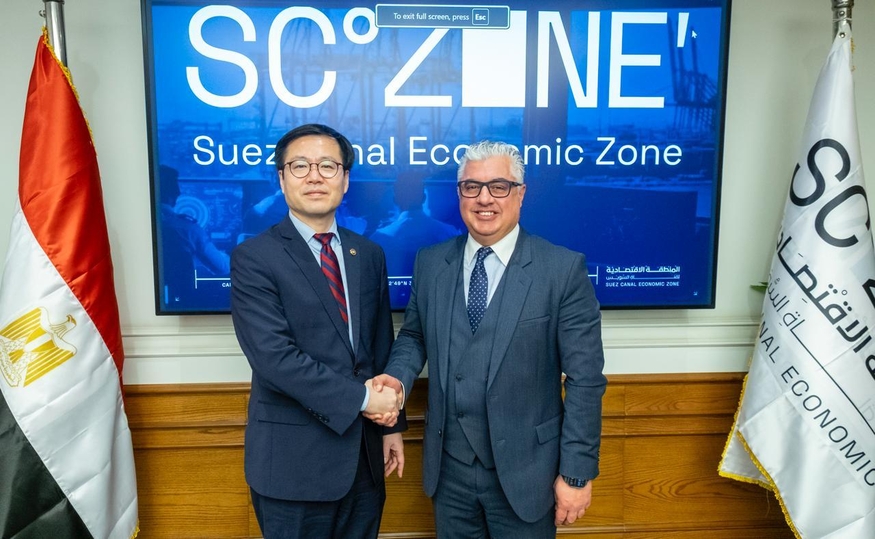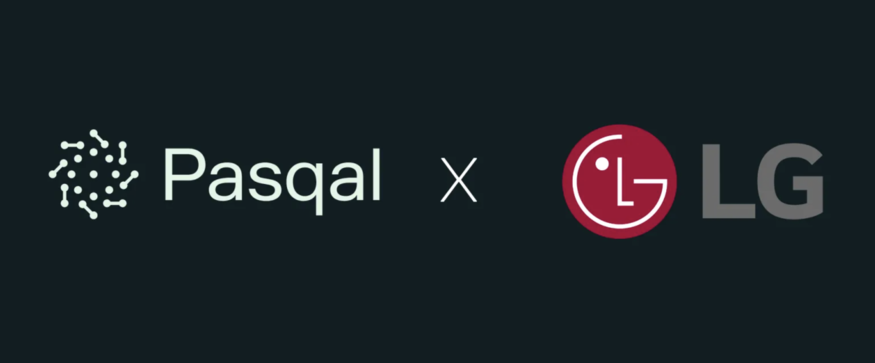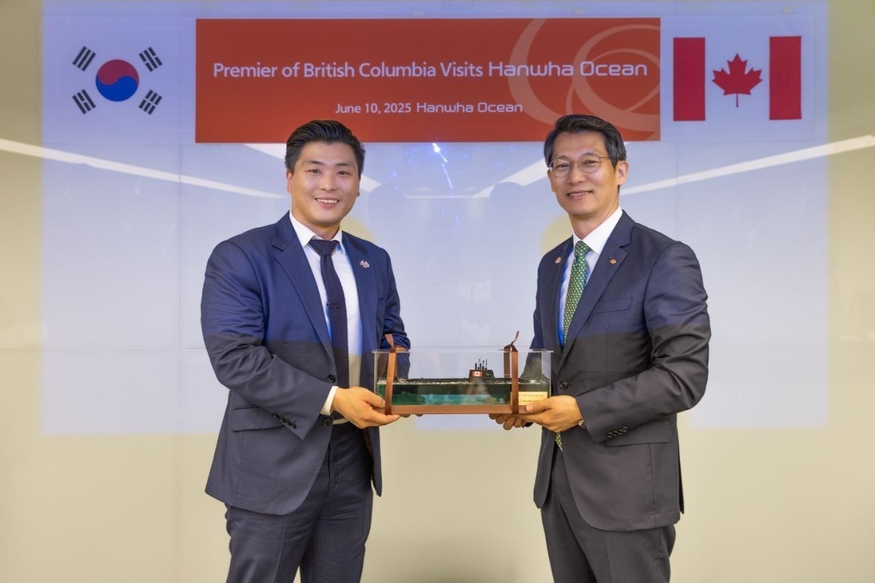
The South Korean government will co-host a high-level conference with the Organisation for Economic Co-operation and Development (OECD) aimed at accelerating the construction of new nuclear power plants. The event comes as many countries abandon anti-nuclear policies and commit to nuclear expansion—a trend Seoul views as an opportunity to boost its nuclear exports. Analysts say the move underscores the pro-nuclear stance of the Lee Jae-myung administration.
The OECD’s Nuclear Energy Agency (NEA) announced on August 8 that it will hold the “2025 New Nuclear Roadmap Conference” on September 18–19 in Paris, in partnership with South Korea’s Ministry of Trade, Industry and Energy (MOTIE). South Korean Trade Minister Kim Jung-kwan and NEA Director-General William Magwood will serve as co-chairs.
The conference will address strategies for expanding nuclear power to promote economic growth and strengthen energy security, while tackling key challenges tied to its deployment. Discussions will cover essential policy frameworks and financing models for new nuclear projects, as well as topics such as small modular reactor (SMR) deployment, the role of AI, nuclear technology for space applications, the supply and demand of medical isotopes, and nuclear power development in emerging markets.
In a pre-conference statement, Minister Kim said, “Korea is committed to using nuclear energy as a key clean energy source to achieve both carbon neutrality and energy security through a balanced energy mix.”
He added that Korea has “a robust nuclear ecosystem covering the entire value chain, from design and construction to operations,” and will strengthen it further through policies to expand human resource development and investment. “We will ramp up investments in promising areas such as the development of Korean-designed reactors, nuclear casting plants, and SMRs,” Kim said.
Magwood noted that “many nations have concluded that nuclear energy is essential to bolstering energy security and meeting environmental goals.” He said new customers are emerging—from industrial users seeking high-temperature heat to data centers requiring reliable electricity—and that advanced technologies are now entering the commercialization stage.
“To fulfill these commitments, strong action is needed from both governments and industry,” Magwood said, adding that he hopes the conference will help chart a course for new nuclear construction.
Global demand for nuclear power, which plummeted after the 2011 Fukushima disaster, has been rebounding amid growing energy security concerns fueled by the war in Ukraine and surging electricity needs driven by the AI boom. In Europe, countries such as the Czech Republic, Poland, Bulgaria, the UK, and the Netherlands have joined traditional nuclear powerhouses like France and Finland in pursuing new plant construction.
South Korea is actively working to seize this shift in global sentiment. In June, the “Team Korea” consortium—led by Korea Hydro & Nuclear Power—secured a contract to build two new reactors at the Dukovany site in the Czech Republic. Last November, Hyundai Engineering & Construction won a design contract for two reactors in Bulgaria, a project valued at about $15 billion.


